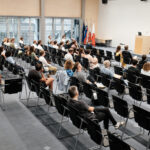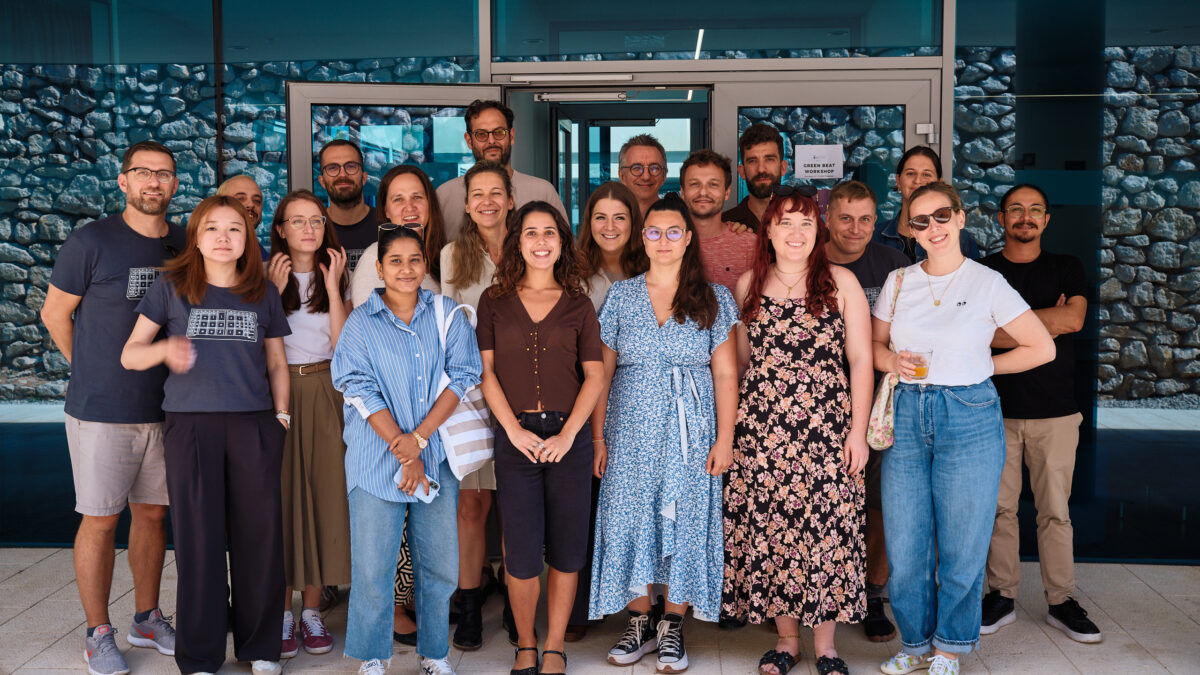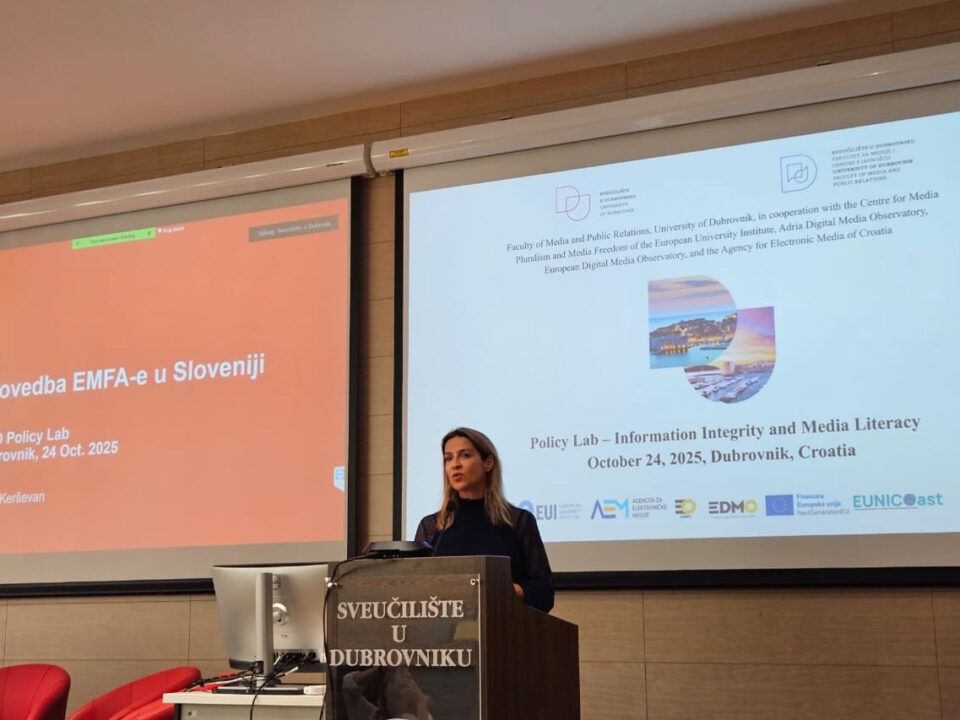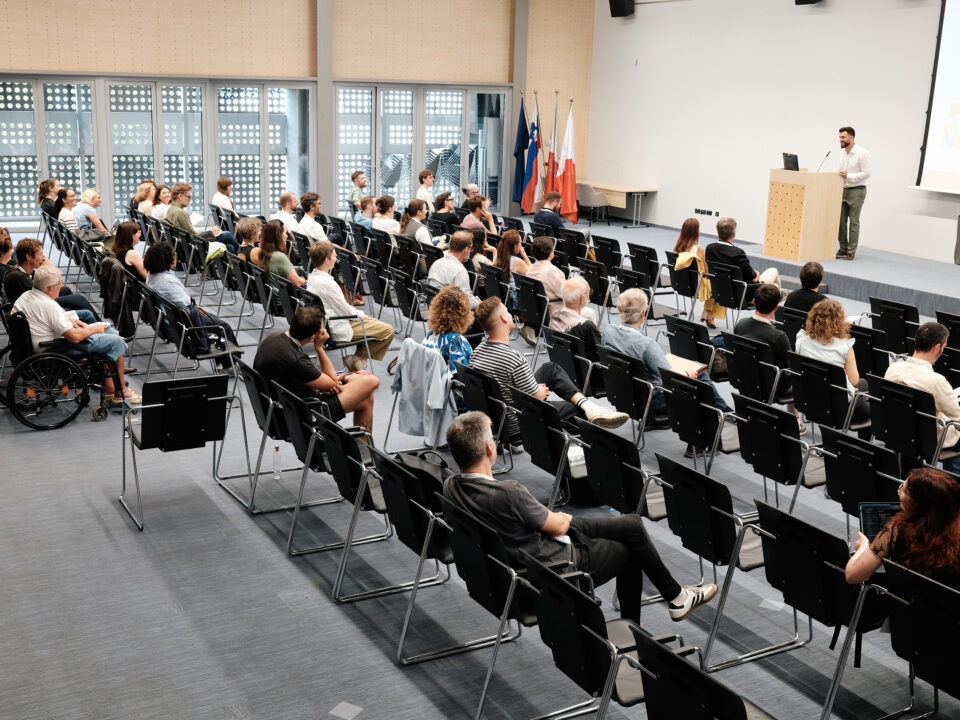
Communication and Capital(ism) at FDV
September 1, 2025
How Yugoslavia Balanced Socialist Ideals and Geopolitics in Global Communication Reform
October 27, 2025Second Edition of the International Political Economies of the Media Summer School Successfully Concluded
We are pleased to announce the successful completion of the advanced postgraduate course, Political Economies of the Media – Theories and Methods, held in Šibenik, Croatia, from September 9 to 12, 2025.
The course, formally accredited by the Faculty of Social Sciences brought together scholars from around the world to examine how power dynamics shape media systems, from traditional media ownership to contemporary digital platforms and AI.
Researchers from our center played a key role in the success of the summer school as course directors. In addition to chairing sessions and providing feedback on student presentations, they delivered foundational knowledge for the study of the political economy of the media:
- Jernej Amon Prodnik delivered the key introductory lecture on the first day, “Foundations of the Political Economy of Communication.”
- Sašo Slaček Brlek co-led the “Interactive Methods Workshop” with Jaka Primorac. This session focused on debating key methodological approaches and research tools necessary for critical political economy projects.
Keynote Lectures and Student Research
The academic program featured two globally recognized keynote speakers, whose lectures anchored the discussions in critical theory:
- Mandy Tröger (University of Tübingen, Germany), who presented “Archival Resistance: The Power of Historical Methods in Critical Inquiry”.
- Micky Lee (Suffolk University, USA), who presented (online) on “Viewing AI from the Bottom: A Feminist Political Economic Critique”.
The core of the summer school centered on presentations of working papers by participating PhD and advanced MA students. These presentations addressed a wide range of topics in critical media research, including the political economy of data and generative AI, the commodification of politics by social media influencers, historical materialist policy analysis of journalism antitrust laws, privatization case studies in post-socialist states, analysis of alternative journalism in marginalized communities, and critiques of news media self-sourcing strategies.
By leading and contributing to this international educational platform, the Social Communication Research Centre continues to advance its core mission of studying the economic, political, and social determinants of mass and digital media in a global context, reinforcing the importance of critical political economy in addressing contemporary communication challenges.




